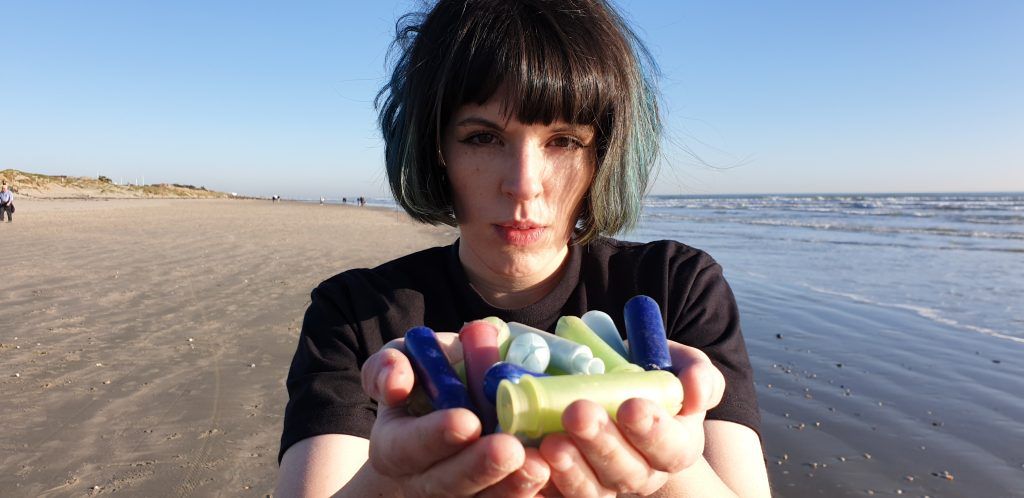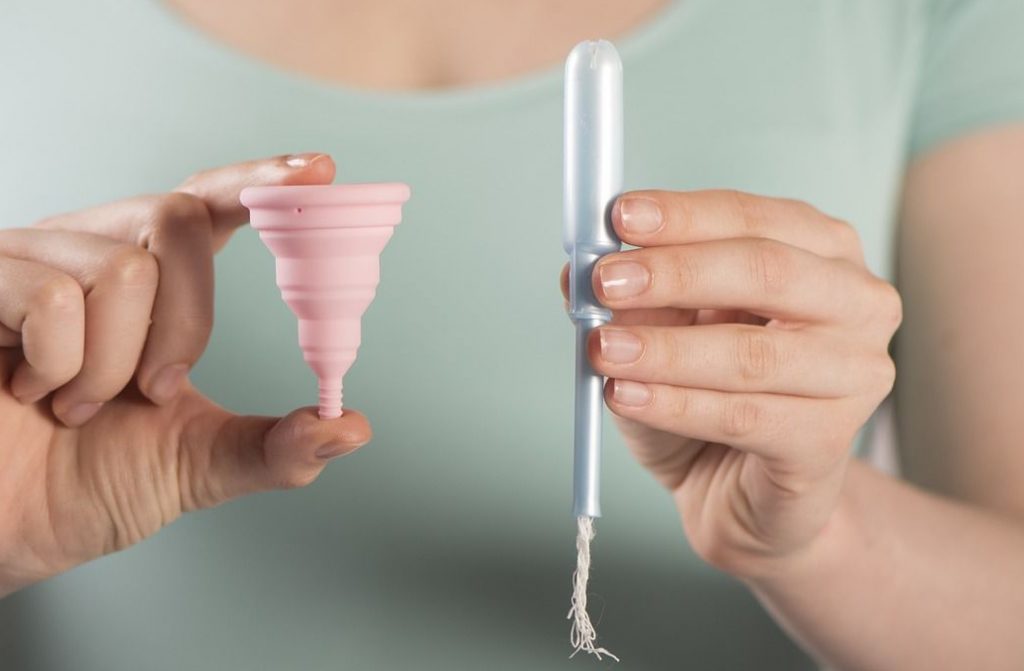
Plastic free periods: the growing inequality issue
This is Environmenstrual Week, a week of action by the Women’s Environmental Network (WEN) to raise awareness about the environmental damage caused by single-use menstrual products and promote more reusable and more environmentally-friendly ones.
While talking about single-use plastic bottles or straws is common, it can often be uncomfortable or even still taboo to talk about single-use period products, despite half the world’s population experiencing periods each month.
This creates a huge gap in knowledge about the hidden plastic and chemicals which are found in conventional period products, and puts a more sustainable choice even further out of reach.
The problem with plastic periods
Every year in Scotland, we dispose of a staggering 427.5 million single-use period products, all of which contain a lot of plastic. And these products take on average 500 years to break down.
Conventional single- menstrual pads are made up of 90% plastic, with polyethylene the most commonly used plastic, while tampons contain a thin layer of plastic, plastic strings and some come with plastic applicators too. If that wasn’t enough, all these products come individually wrapped in even more plastic.
One of the biggest problems with these products is how they are disposed of. Two billion menstrual items are flushed down toilets across the UK every year which leads to them making their way into rivers and oceans. So it’s no wonder that these single-use period products are the fifth most common item found washed up on European beaches.

Environmental campaigner Ella Daish has been campaigning to eliminate all plastic from menstrual products since 2018 and over 235,000 people have signed her petition so far.
The campaign has had some incredible successes with Sainsbury’s, Aldi and Superdrug stopping producing their own-brand plastic tampon applicators, with Superdrug opting to use cardboard applicators instead. And one of the leading menstrual product companies Lil-Let’s is now developing its own eco-friendly range.
Tackling period poverty
Last year, the Scottish Government, Zero Waste Scotland and social enterprise Hey Girls launched the #TrialPeriod campaign to raise awareness of period pollution and encourage people to try reusable options instead. As part of the campaign, over 2,000 reusable products were given away and it was so popular that the website crashed due to the demand.
Earlier this year, MSPs backed the principle of making period products available free of charge to anyone who needs them through Monica Lennon MSP’s Period Products (Free Provision) (Scotland) Bill.
The Bill is intended to include a range of options including reusable products, but the Welsh Government went one step further and announced that 50% of its period poverty funding will be spent on environmentally-friendly products. Some local authorities in Wales are committing to spend all the period poverty funding on sustainable products instead of single-use ones.
The great period divide
There is no doubt that reusable products are the way forward if we want to tackle this aspect of plastic pollution. However these items always cost more upfront (even if you make savings over time) which makes them inaccessible to people on low incomes who may not be able to afford a box of tampons for £2 let alone a menstrual cup for £20.

The cheapest period products are not only the most environmentally damaging, but they are ones which contain the most hidden chemicals. Research by Women’s Voices for the Earth (WVE) found undisclosed chemicals in tampons including carbon disulfide, methylene chloride, toluene and xylene. And even now, there is no regular independent testing of conventional period products for the presence of dioxins or other chemicals.
So where does this leave us when tackling the issue of plastic periods?
Firstly, we need more Government funding to address the inequalities in access to sustainable period products. If we mostly invest in plastic-based products then they will continue to dominate the market as the cheaper and more widely available option.
This further fuels the social and environmental injustice as the greater financial cost for the more sustainable option means it will continue to be out of reach for people who cannot afford it. Therefore these people will continue to be exposed to the most harmful products for both themselves and the planet until we can make the plastic and chemical free options affordable for everyone.
Find out more about how you can get involved in Environmenstrual Week here.
